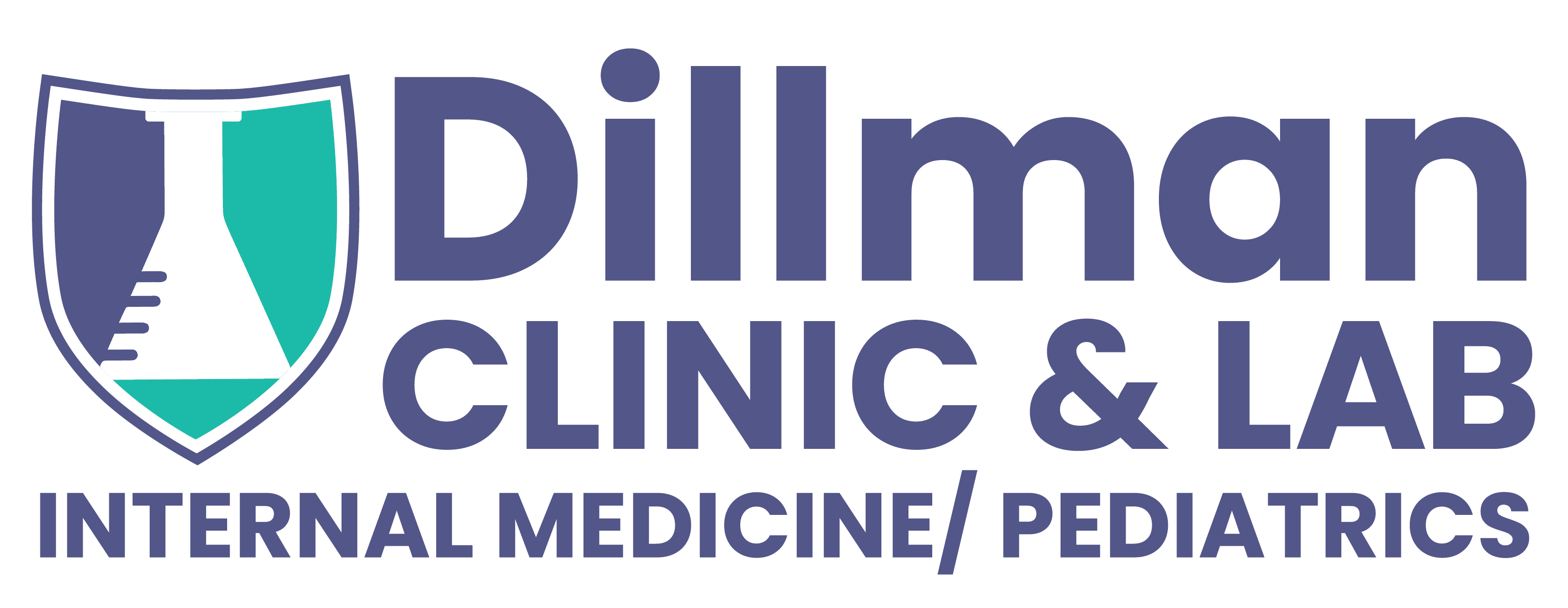Vaccines are a common occurrence for most of us during our childhoods, giving our young immune systems the extra tools they need to fight off serious and life-threatening diseases. But what a lot of adults don’t realize is that they need vaccines, too — including “booster shots” for childhood immunizations and vaccines specifically for adult needs.
Although the CDC provides plenty of guidance regarding the optimal vaccine schedule for adults, knowing which vaccines you need can be kind of confusing, especially if you have a chronic medical condition that could affect your vaccine recommendations.
Fortunately, Megan Dillman, MD, and the team at Dillman Clinic and Lab are skilled at recommending the right vaccine schedule based on each patient’s age and other contributing factors. Here’s a list of adult vaccines you might need to help you stay healthy as you get older.
Flu shot
Probably the most familiar of all the adult vaccines, annual flu shots are recommended for people of all ages, including adults. The reason you need a flu shot every year is because each year, there can be a new strain of the virus. Annual shots are designed to address the most common strains in a given flu season.
Pneumonia
The pneumonia vaccine is recommended for adults age 65 or older. You may need one or two doses, depending on the type of vaccine that’s administered. This vaccine is commonly recommended for younger adults with chronic health problems and those with compromised immune systems.
Measles, mumps, rubella (MMR)
You probably had MMR vaccination as a child, but depending on when it was given, you might need a booster to make sure you remain immune.
Tetanus, diphtheria, pertussis (Tdap)
Another childhood immunization, Tdap (or just tetanus alone) needs a booster every 10 years to help your body fight off possible infections.
Shingles
Caused by the same virus that causes chickenpox, shingles symptoms can be especially severe and painful. The CDC recommends all adults 50 and older and who are not severely immunocompromised receive two doses of this vaccine to prevent infection.
Human papillomavirus (HPV)
HPV is the most common sexually transmitted disease, and while many types of HPV clear up on their own, other types increase your risk for certain cancers. HPV immunization can begin at age nine, but you may need additional doses up to the age of 26 —a gain, depending on the age you were when you were initially vaccinated or if you received any doses at all.
Meningococcal (MenACWY, MenB)
These vaccines are typically given to people at increased risk for bacterial infections, including people with sickle cell disease and young adults living in dorms, military bases, or other “close quarters.”
Hepatitis A and B
To protect against liver inflammation, Hepatitis A and B vaccines are recommended for people with specific risk factors as well as those who don’t have those risk factors but still want protection from infection.
Haemophilus influenzae type b (Hib)
Routinely given during childhood, the CDC recommends this vaccine to help protect against Hib infection, which can cause pneumonia, blood infections, throat swelling, and death.
Personalized vaccine schedule
Vaccines play an essential role in helping you stay healthy throughout your entire life, and they also help prevent the spread of disease to other people.
To learn which vaccines Dr. Megan Dillman recommends for your unique health needs schedule a consultation with Dr. Dillman, call Dillman Clinic and Lab at 952-388-1212, or book your appointment online today.

